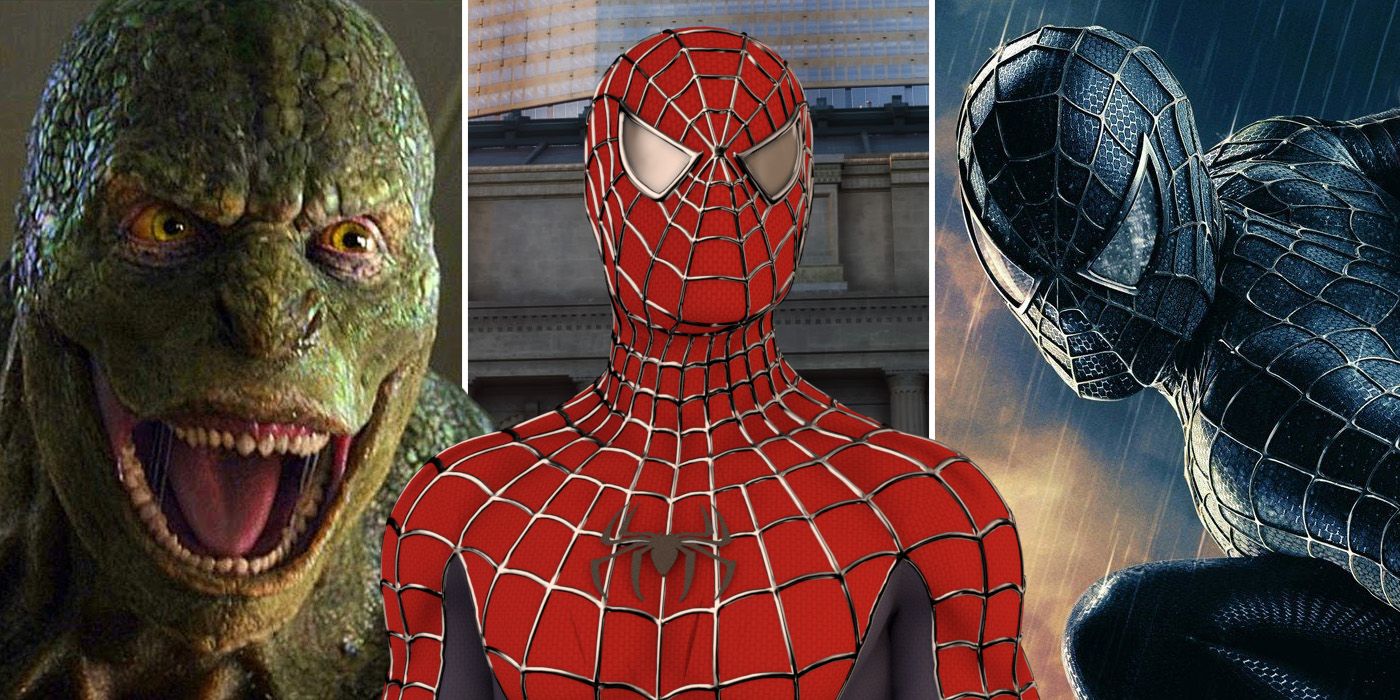
Few superhero movie franchises have been rebooted quite as often as Marvel's Spider-Man. Spider-Man: No Way Home, which is scheduled for release in late-2021, will be the eighth Spider-Man movie since the turn of the century, with John Watts the third person to try his hand at creating a Spider-Man film series during that time. Before him came Mark Webb and The Amazing Spider-Man movies, and, before that, Sam Raimi.
RELATED: Spider-Man: Peter Parker Mannerisms From The Comics That Tom Holland Nails
The first of Raimi's Spider-Man trilogy released in 2002, with two more movies following in relatively quick succession. What a lot of people may not realize, though, is that Sony and the director were at one point planning to turn the trilogy into a tetralogy. Spider-Man 4 began development in 2008, but, for a number of reasons, not a single frame was had been filmed when Sony eventually pulled the plug.
5 The Lizard Would Have Played A More Central Role
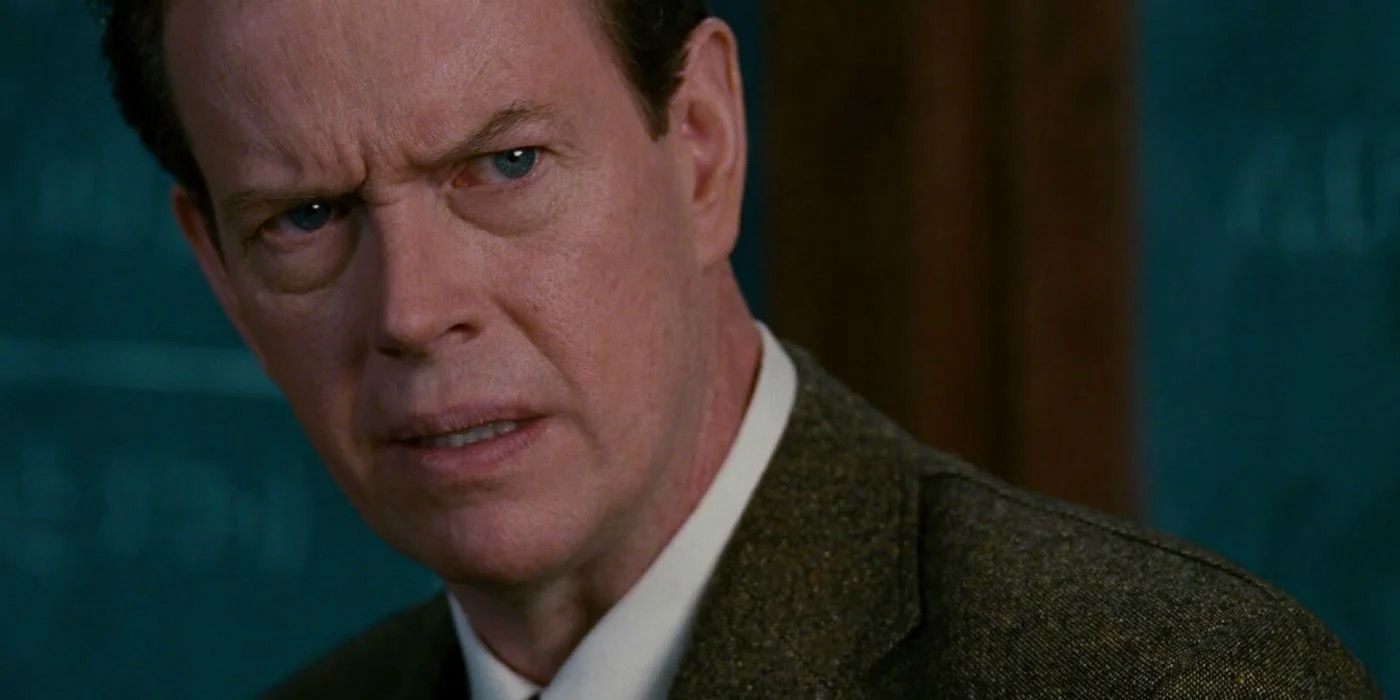
After being talked into including Venom in Spider-Man 3, Raimi was apparently interested in focusing on a more complex villain in Spider-Man 4. After some deliberation, the veteran director is thought to have settled on Peter Parker's friend and mentor, Dr. Curt Connors who had already been introduced in an earlier movie. Dylan Baker would have reprised his role as Connors, with the movie planned to delve far deeper into his transformation into the Lizard than ever before.
As well as Connors, reports suggest that both the Vulture and the Black Cat were also planned to be in the movie in some capacity, with a huge cinematic showdown planned between Spidey and the Vulture. Sony at one point held talks with John Malkovich and Anne Hathaway for the parts, although how close the pair actually came to signing up is currently unknown. Bruce Campbell was also set for a more significant role, following his appearances as a ring announcer, an usher and a Maître D’ in the first three movies.
4 The Script Went Through Multiple Rewrites
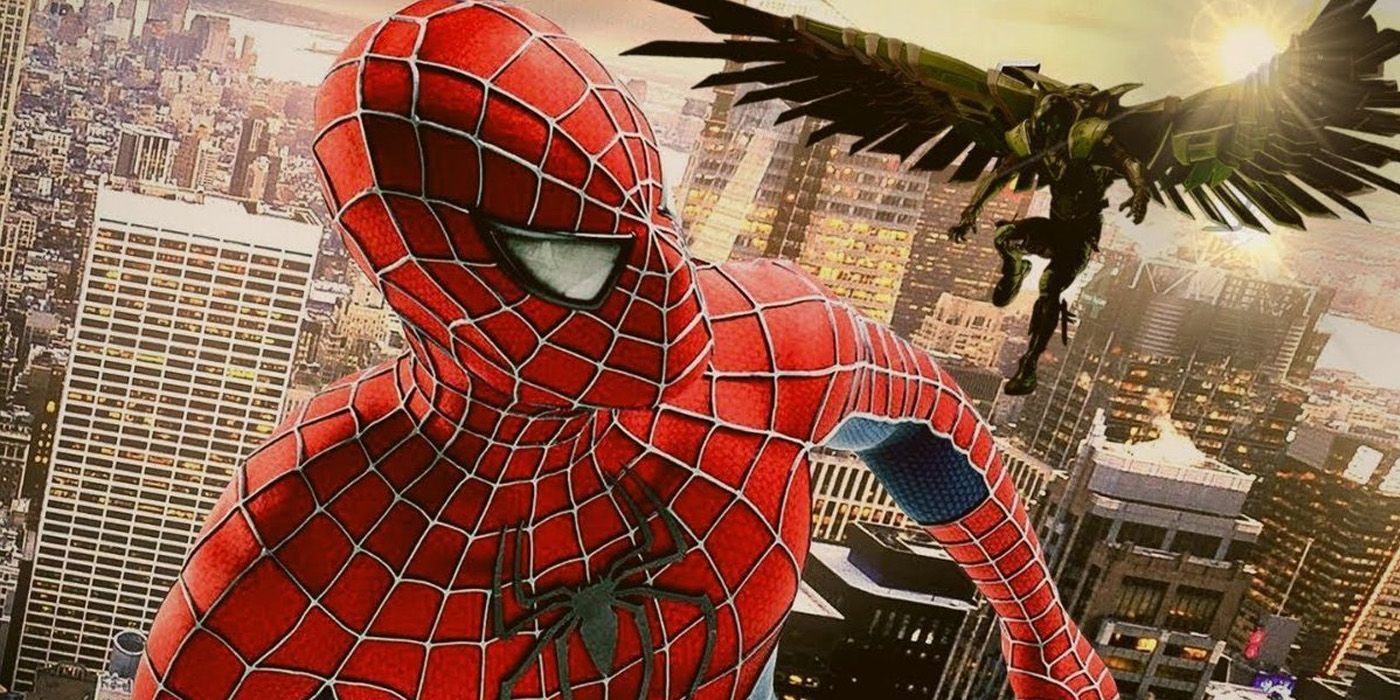
After the decision was made to go ahead with a fourth Spider-Man movie, Sony set about finding a screenwriter for the project. The first person that they turned to was David Koepp, who had previously written the first of Raimi's Spider-Man trilogy. When he declined, the company instead turned to James Vanderbilt, who, among other things, would later go on to pen the screenplays for both of the The Amazing Spider-Man movies.
RELATED: Spider-Man: Every Spidey Suit From The Movies, Ranked From Worst To Best
Despite Vanderbilt's obvious talent, his script was revised several times, with playwright David Lindsay-Abaire the first person to make changes. Later that year, four-time Academy Award nominee Gary Ross was also brought in to work on the script, but he too struggled to come up with a story that Raimi really liked. Ultimately, it was this that led to the eventual cancellation of Spider-Man 4 in January 2010.
3 Spider-Man 4 Had A Provisional Release Date
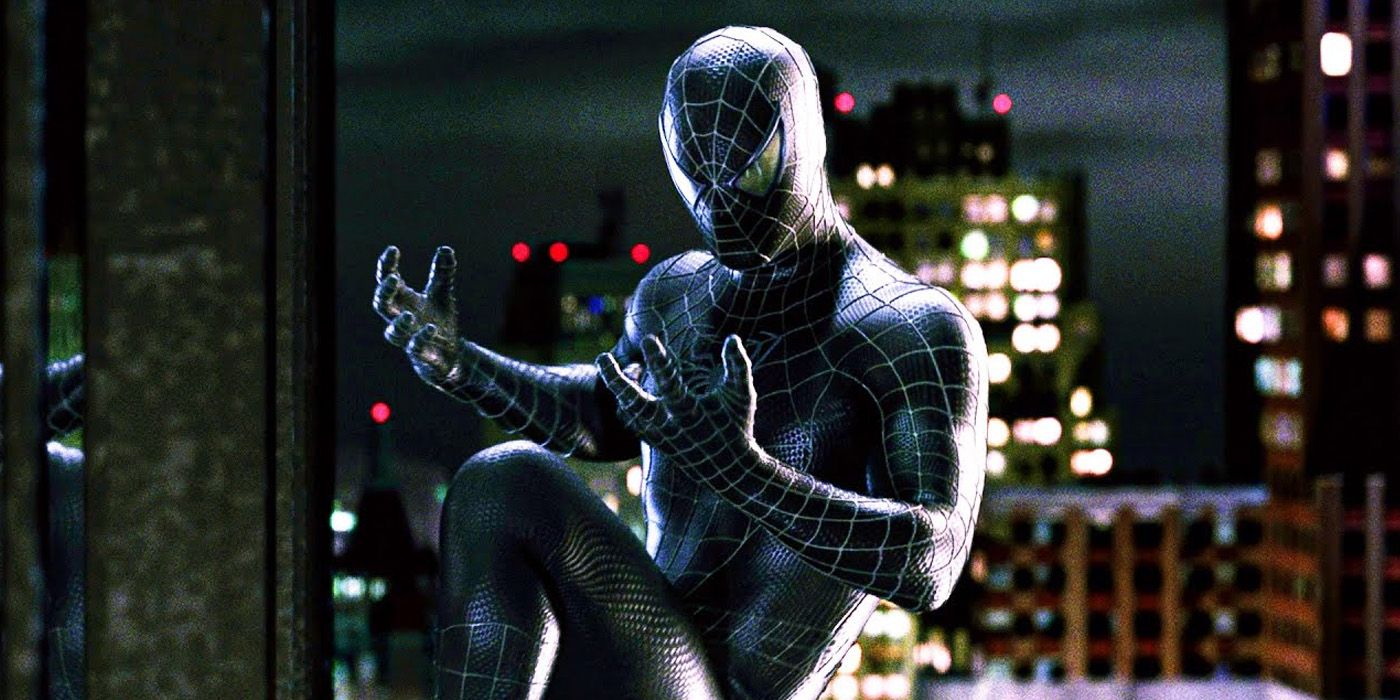
Despite a script never actually being finalized, Spider-Man 4 was slated for release on May 6, 2011. The Movie also had a provisional budget of $200m, which was the same as the one for 2004's Spider-Man 2, but $50m less than the series' third entry. Given how poorly received Spider-Man 3 was by critics and audiences, it's perhaps understandable why the higher-ups at Sony might have wanted to tighten the purse-strings just a little.
Development on the fourth movie first began in 2008, but Raimi's dissatisfaction with the script caused numerous delays, with multiple writers brought in to make revisions. By early 2010, the director still wasn't happy with the script and, following an amicable meeting with Sony Pictures Entertainment's then co-chairman Amy Pascal, the movie was cancelled and the two sides amicably parted ways.
2 Sony Already Had A Plan-B In Place
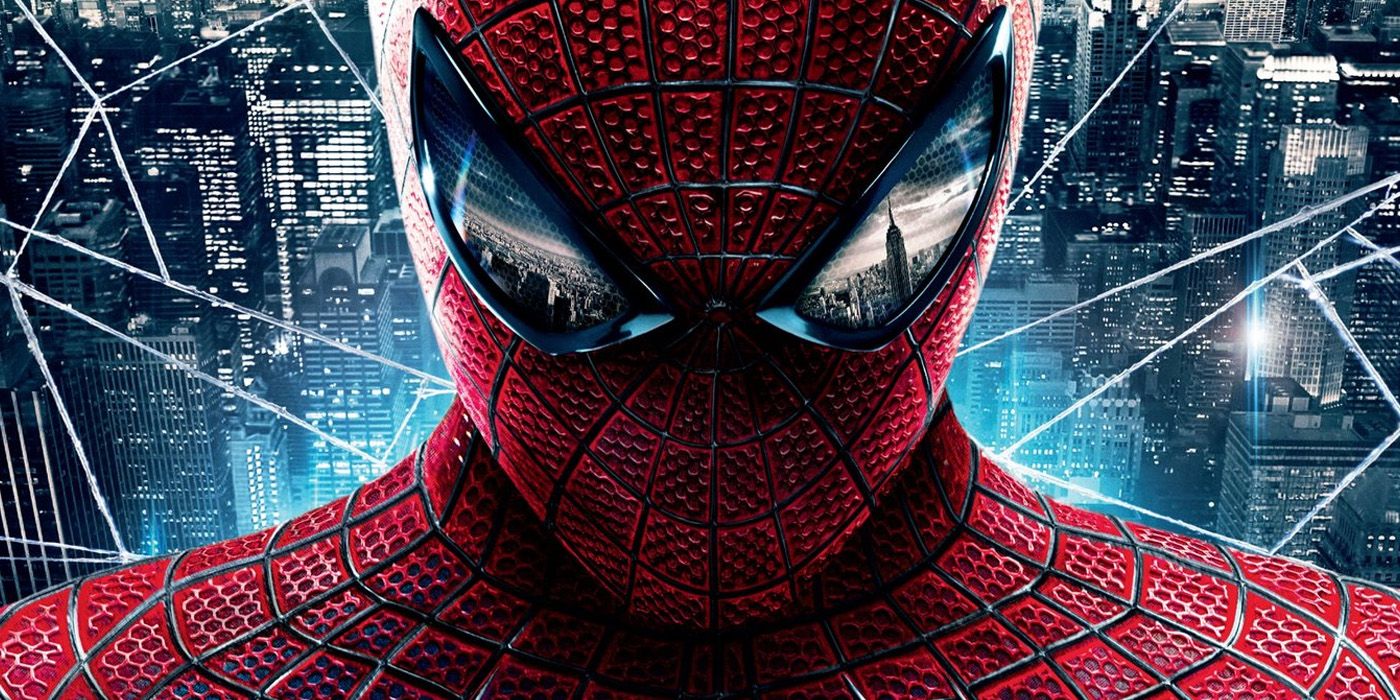
With Raimi unable to settle on a script that he liked, the higher-ups at Sony began exploring other options, including the possibility of completely rebooting the franchise. It's difficult to say how much work had gone into development of the reboot at the time of the cancellation, but that The Amazing Spider-Man didn't premiere until two and a half years after Raimi's final meeting with Sony suggests that it probably wasn't all that much.
RELATED: The Best Spider-Man Games Ever Made (According To Metacritic)
In a 2013 interview with Vulture, Raimi revealed that he had told Amy Pascal to "Go ahead with [the] reboot," during discussions surrounding the future of Spider-Man 4, suggesting that he was well aware that plans for a reboot were already in the works. Whether or not this knowledge served as a distraction to Raimi during development is anybody's guess, but it does seem to have made his decision to walk away from the Spider-Man franchise a bit easier.
1 It Would Have Been The Last Of Raimi's Spider-Man Movies
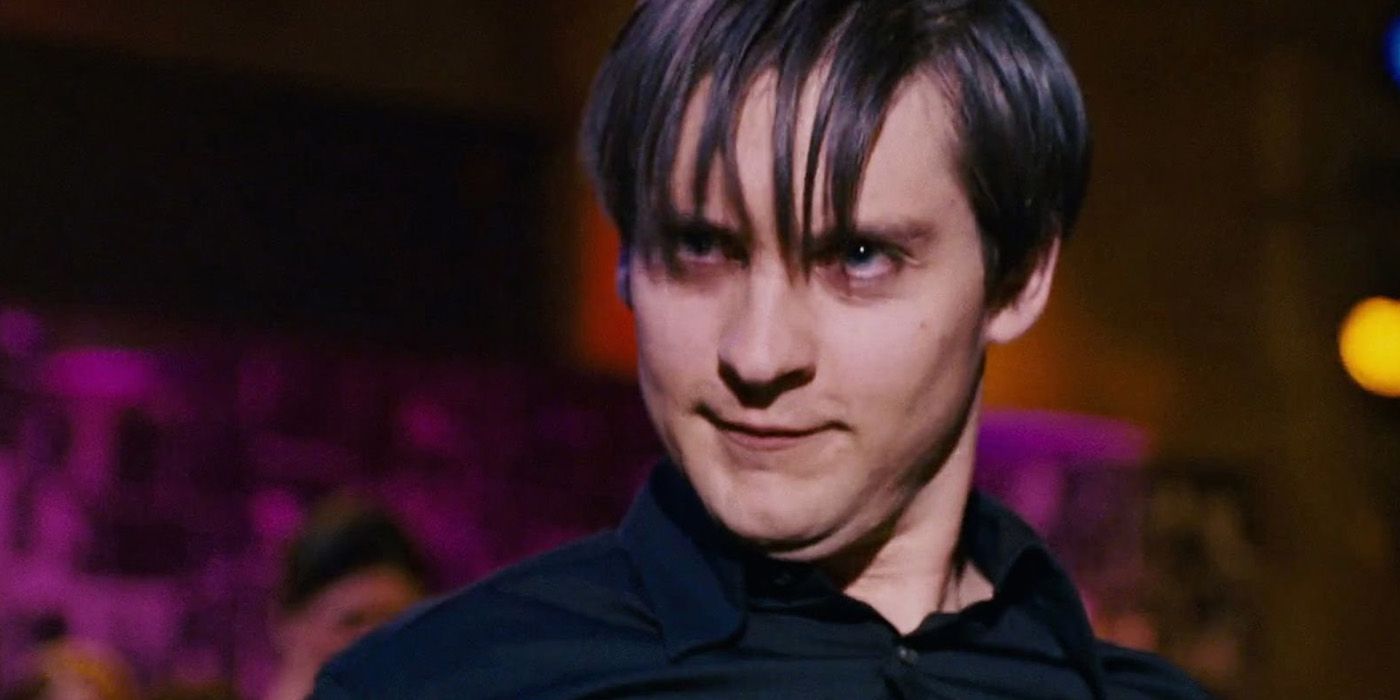
Despite its strong performance at the box office, neither critics nor audiences responded to Spider-Man 3 particularly well. It currently holds a 51% audience approval rating on Rotten Tomatoes, making it the worst of the Sam Raimi Spider-Man trilogy by a considerable margin. In his own words, the director was "very unhappy" with the movie himself and had therefore hoped to go out on a high with Spider-Man 4.
Despite his best efforts, however, Raimi's failure to settle on a script that he liked eventually caused him to doubt whether the movie should even go ahead. This ultimately led to him telling Sony Pictures that he didn't want to "make a movie that is less than great" and suggesting that the studio cancel the movie and push ahead with plans for The Amazing Spider-Man instead.

